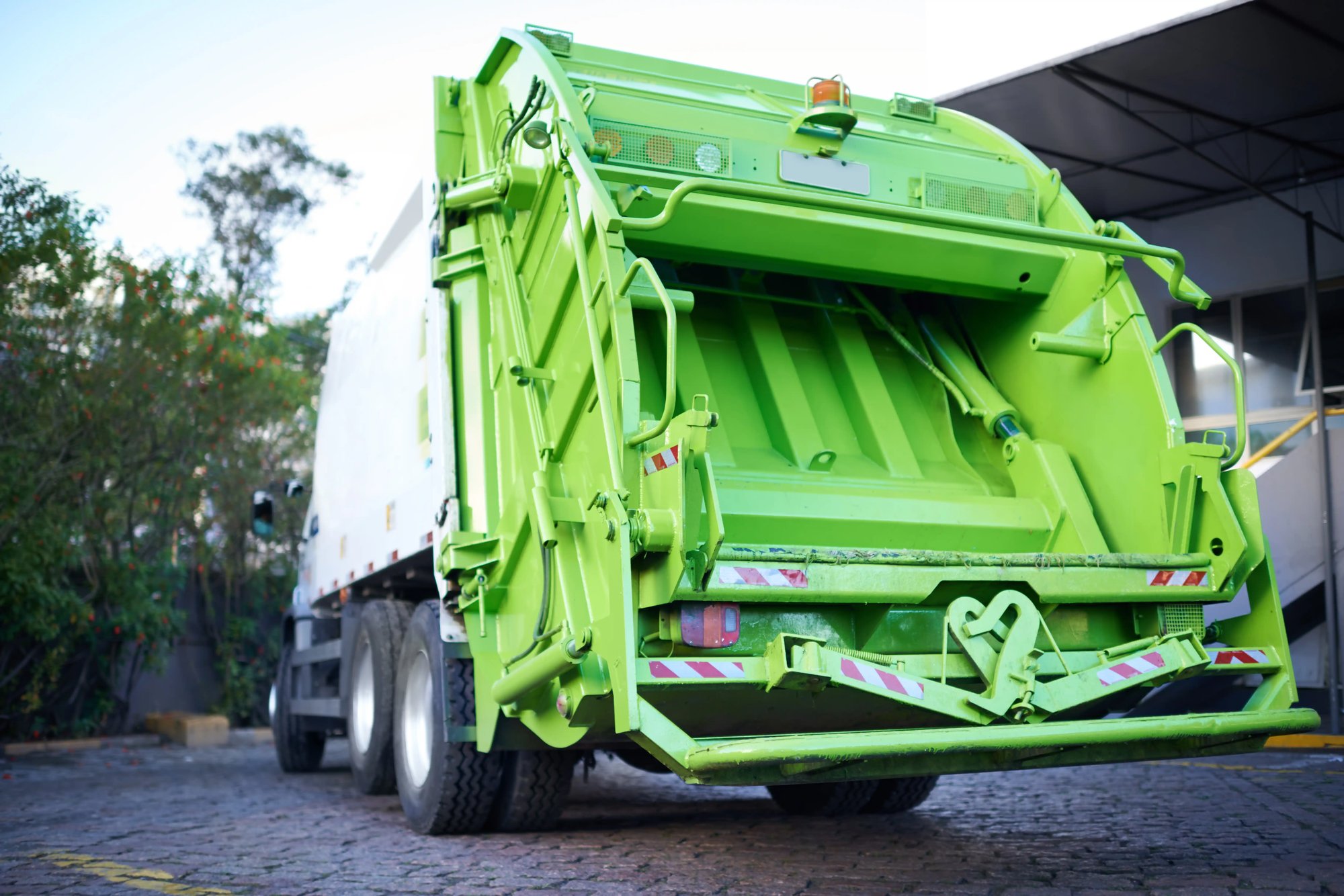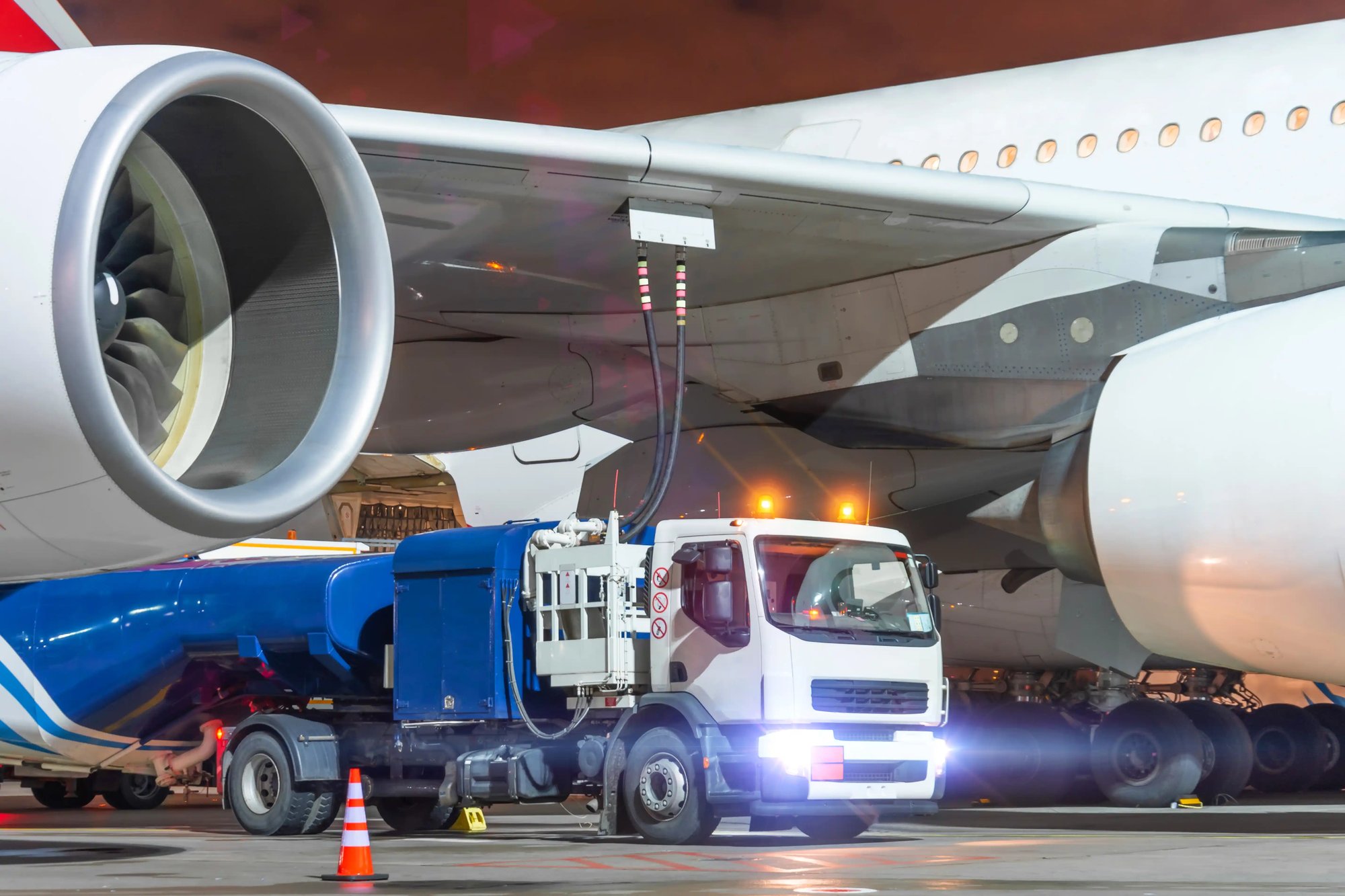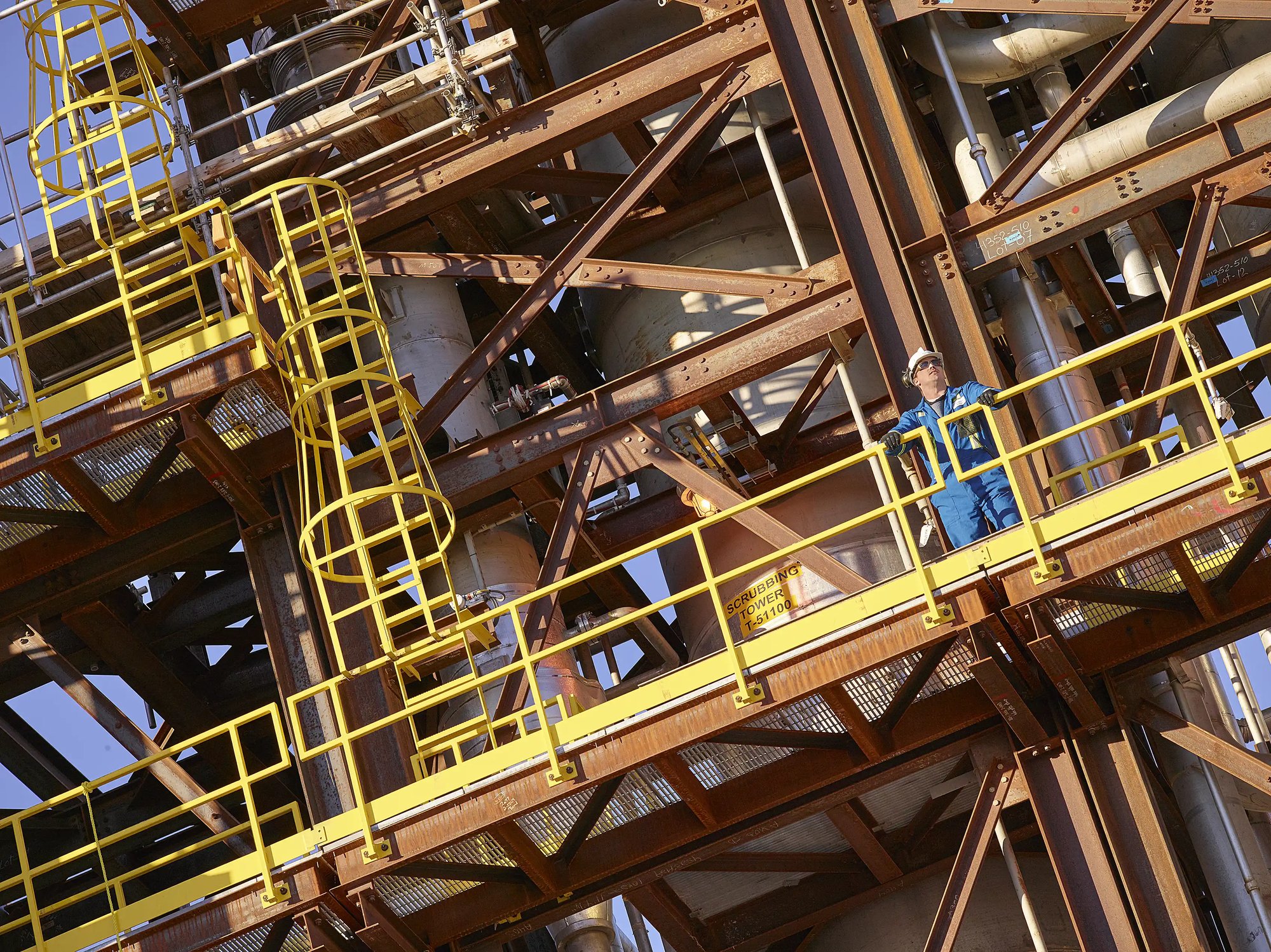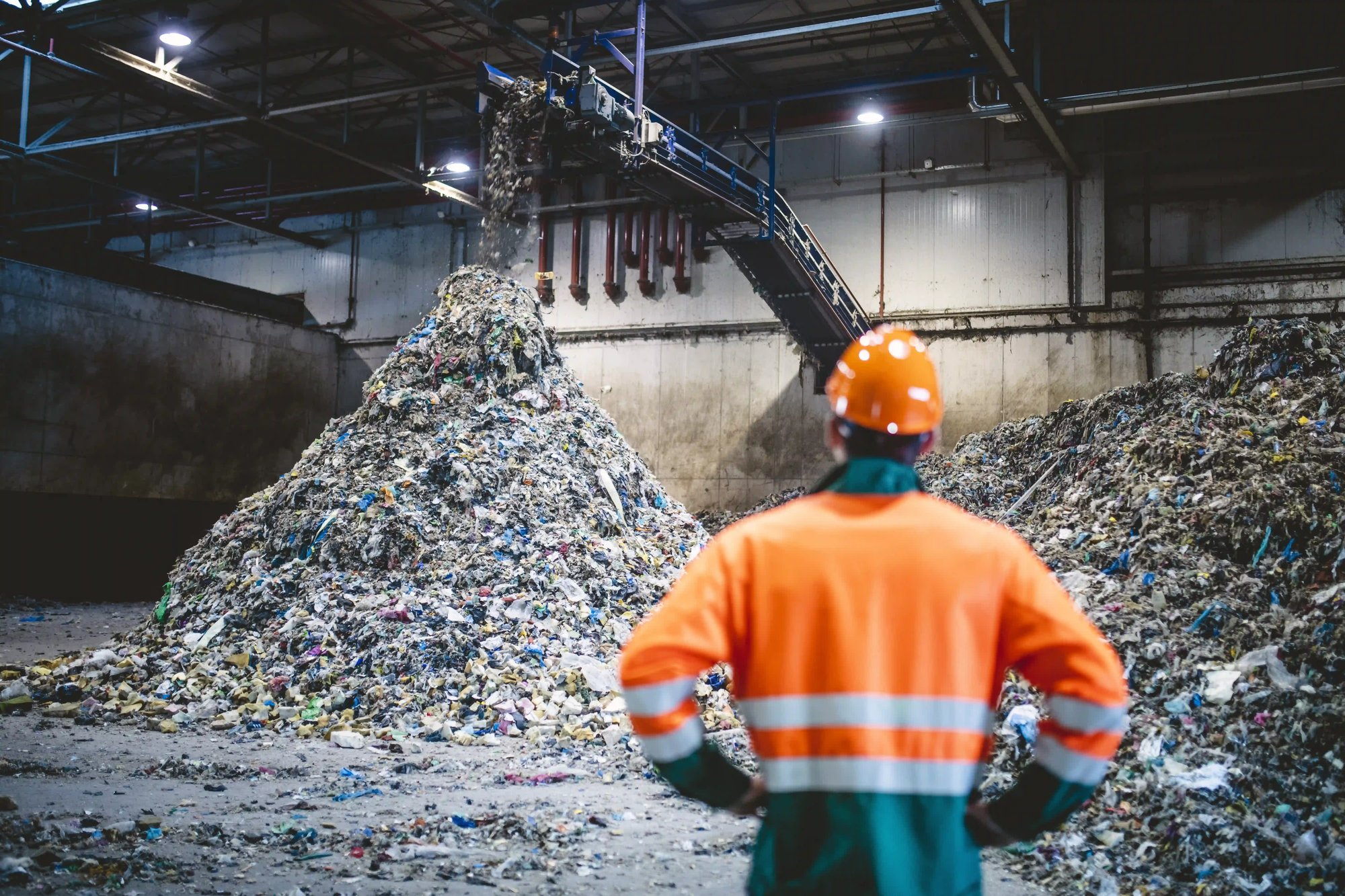
How We Contribute to
Circular Economy
Enerkem advanced recycling solution drives circular economy dynamics
A low-carbon world based on a circular economy
Enerkem plays a key role in the circular economy by ingeniously creating value-added products through the utilization of waste resources.
-
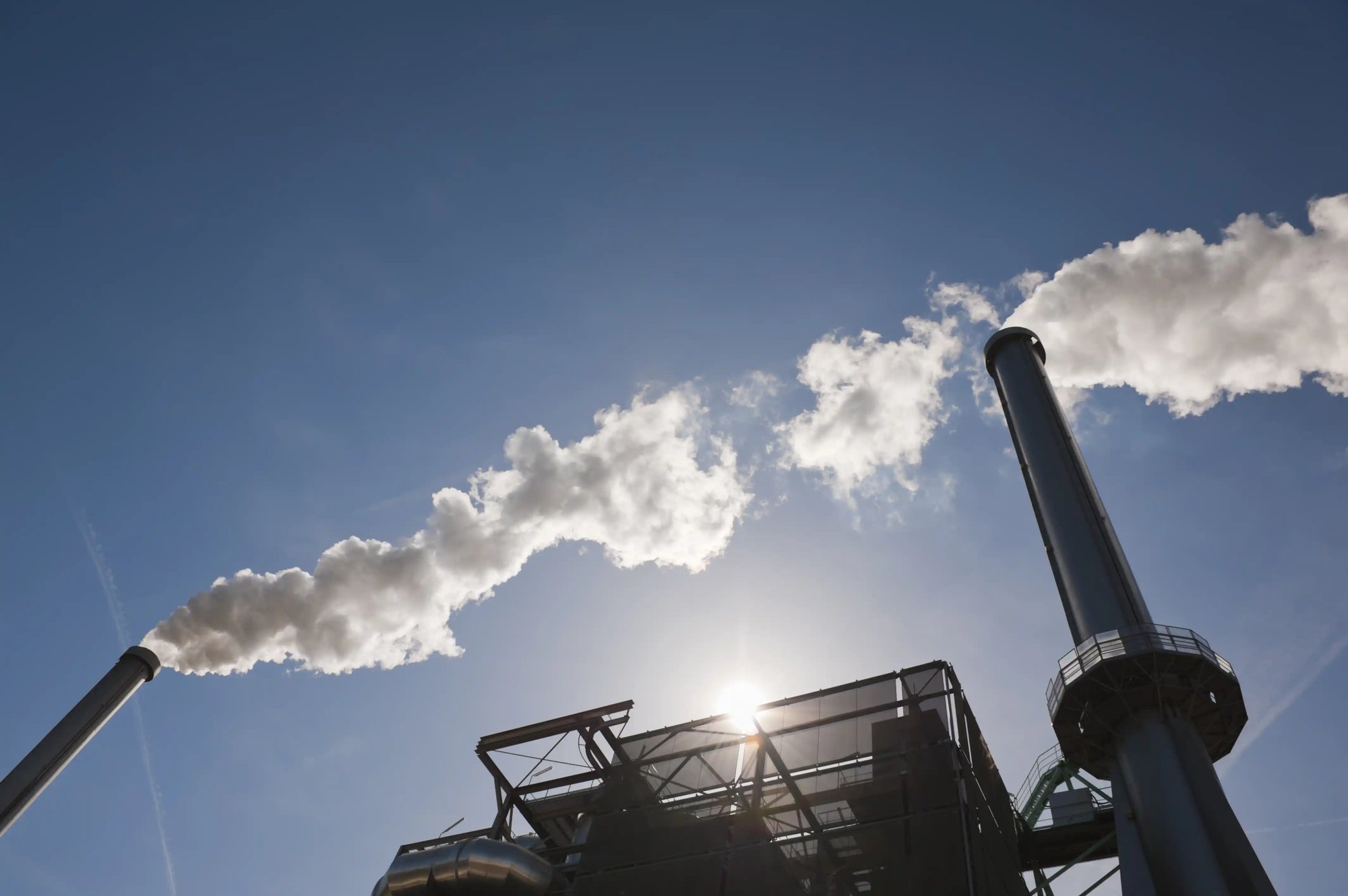
Leaving behind ineffective tradition
The traditional way of energy production, based on fossil fuels, no longer aligns with the needs and challenges of the 21st century. The environmental impacts, resource depletion, geopolitical tensions, public health concerns, and economic limitations associated with the old economy model highlight the urgency to reuse and recycle all materials and energy.
-
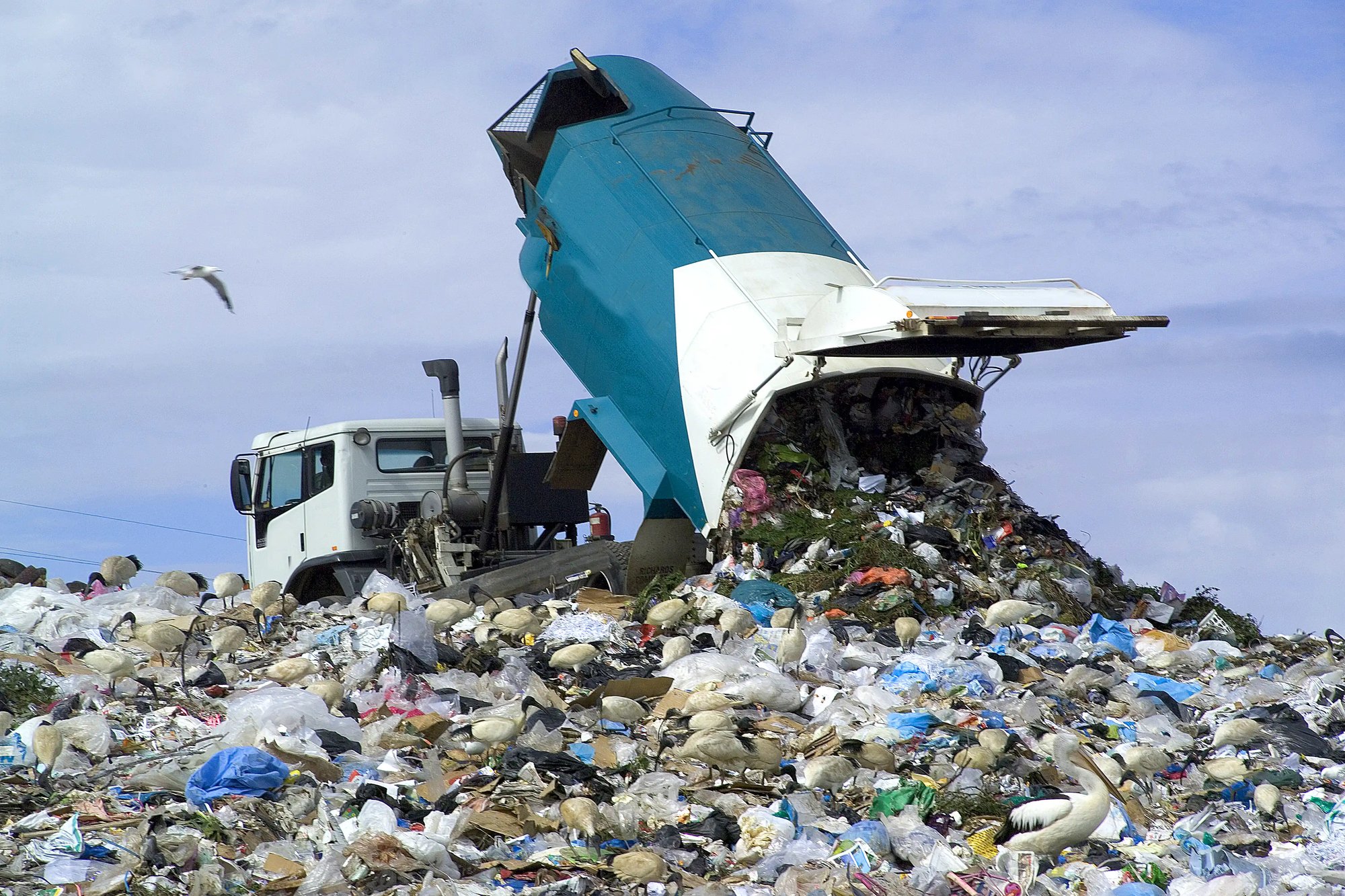
How Enerkem contributes to the circular economy
The circular economy is an economic model that involves the sharing, leasing, reusing, repairing, refurbishing and recycling of existing materials and products to maximize their longevity. The global challenges of climate change and biodiversity have led to an increased emphasis on transitioning towards a circular economy, where resources are efficiently utilized, and waste is minimized.
Enerkem's innovative technology contributes to the circular economy by complementing mechanical recycling, converting waste into valuable products, and avoiding the production of new virgin plastic materials.
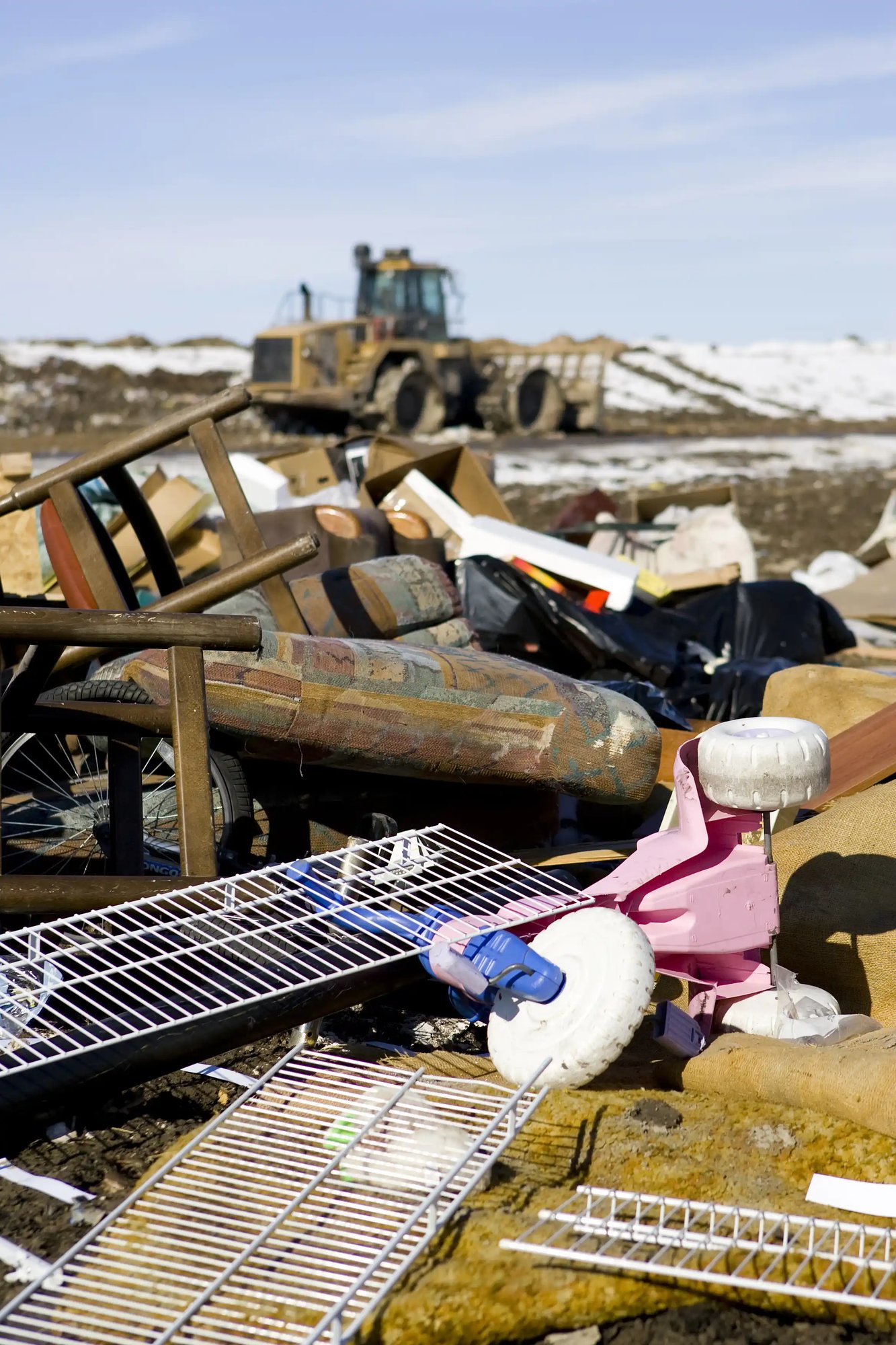
Our technology handles what others don’t
Enerkem's process of converting waste into usable products helps close the loop in the supply chain. Rather than extracting finite resources from the earth, we utilize existing waste streams as feedstocks for our biofuel production process. This reduces the demand for raw materials and contributes to resource efficiency, thereby promoting a circular economic model.

Leading sustainable production with a mindful water footprint
Water is pivotal in various processes. At Enerkem, we choose waste over water-intensive crops as feedstock, lessening pressure on water resources. While our process requires water in production and generate wastewater, we remain dedicated to responsible water use and waste management. This approach underscores our commitment to both sustainable bioenergy and safeguarding water resources, highlighting a harmonious path forward.
